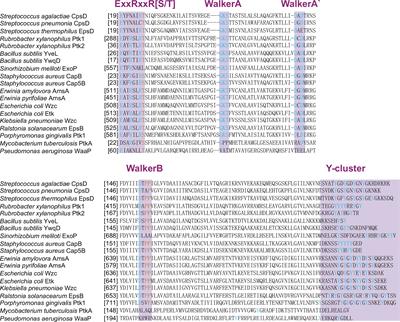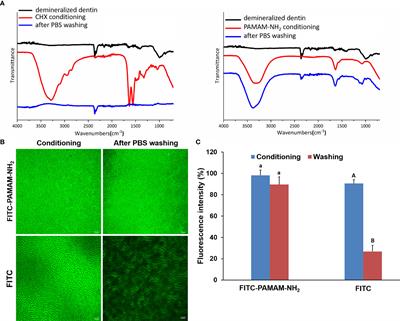EDITORIAL
Published on 14 Jun 2022
Editorial: The Pivotal Role of Oral Microbiota Dysbiosis and Microbiota-Host Interactions in Diseases
doi 10.3389/fcimb.2022.947638
- 1,868 views
- 5 citations
22k
Total downloads
83k
Total views and downloads
EDITORIAL
Published on 14 Jun 2022
REVIEW
Published on 29 Mar 2022

REVIEW
Published on 25 Mar 2022

ORIGINAL RESEARCH
Published on 10 Mar 2022

ORIGINAL RESEARCH
Published on 28 Feb 2022

REVIEW
Published on 21 Feb 2022

REVIEW
Published on 04 Feb 2022

REVIEW
Published on 11 Jan 2022

ORIGINAL RESEARCH
Published on 01 Dec 2021

ORIGINAL RESEARCH
Published on 19 Nov 2021

REVIEW
Published on 17 Nov 2021

ORIGINAL RESEARCH
Published on 16 Sep 2021
